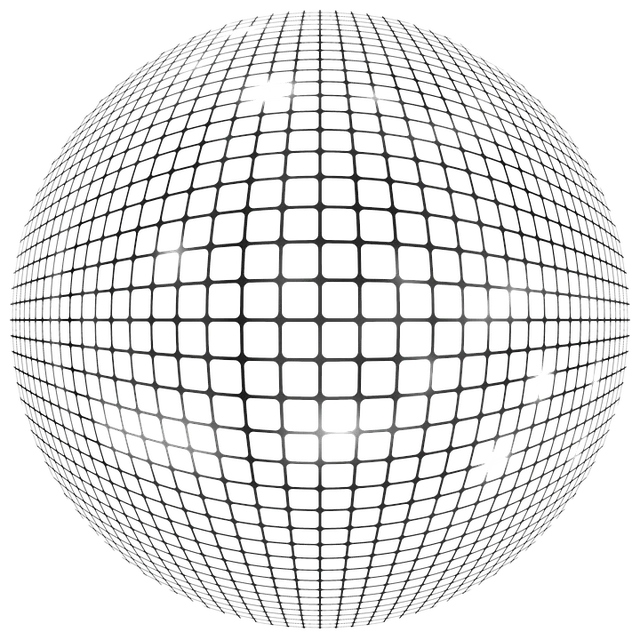Muscle soreness post-exercise, known as DOMS, is a common issue that can be alleviated through effective recovery strategies. Kratom and magnesium citrate are emerging as potential natural supplements to help manage this soreness. Kratom, from the Mitragyna speciosa tree, has compounds like mitragynine and 7-hydroxymitragynine that may provide analgesic effects. Magnesium citrate is essential for muscle function, relaxation, and electrolyte balance, with additional anti-inflammatory benefits that could enhance kratom's pain-relieving properties. Both should be used as part of a holistic recovery plan alongside stretching, hydration, and rest to support muscle repair and growth. It is crucial for individuals to consult healthcare professionals before using these supplements due to their unique regulatory status, potential health considerations, and interactions. Magnesium Citrate stands out as a well-researched supplement that can significantly improve recovery and performance in athletes and fitness enthusiasts by supporting muscle and nerve function, energy production, and detoxification, making it a safer and more reliable option compared to kratom for managing post-exercise muscle soreness.
Muscle soreness can hinder even the most dedicated fitness enthusiasts, often leading to interrupted workout routines and stalled progress. This article delves into strategies for mitigating this common obstacle, focusing on the integration of natural supplements like kratom and the essential mineral magnesium citrate. Understanding muscle soreness is the first step toward optimizing your fitness regimen. We’ll explore how these elements can be tailored into a workout plan to enhance recovery and keep you on track toward your health and fitness goals. Join us as we navigate the science behind kratom’s potential benefits and the role of magnesium citrate in alleviating muscle soreness, ensuring your physical activities remain productive and pain-free.
- Understanding Muscle Soreness and Its Impact on Workout Routines
- The Role of Kratom in Managing Muscle Soreness: An Overview
- Integrating Magnesium Citrate into Customized Workout Plans for Optimal Recovery
Understanding Muscle Soreness and Its Impact on Workout Routines

Muscle soreness, often referred to as delayed onset muscle soreness (DOMS), is a common experience among individuals engaging in physical activity, particularly when introducing new exercises or increasing intensity. This phenomenon occurs due to microtraumas in the muscles from unaccustomed or intense exertion, triggering an inflammatory response that can lead to discomfort and tenderness. Understanding the mechanisms behind muscle soreness is crucial for optimizing workout routines, as it can significantly impact an individual’s ability to perform subsequent exercises. Proper recovery strategies are essential to alleviate soreness and prevent it from hindering progress.
In the quest for relief from muscle soreness, natural supplements like kratom and magnesium citrate have gained attention for their potential benefits. Kratom, derived from the leaves of the Mitragyna speciosa tree, has been traditionally used in Southeast Asia for pain management and energy enhancement. Its active compounds, mitragynine and 7-hydroxymitragynine, may offer analgesic effects that could help alleviate muscle soreness. On the other hand, magnesium citrate is a highly bioavailable form of magnesium, an essential mineral involved in numerous biochemical reactions within the body. It plays a role in muscle function and relaxation by regulating electrolyte balance and reducing inflammation. Both kratom and magnesium citrate may be beneficial when incorporated into a recovery plan alongside regular stretching, adequate hydration, and sufficient rest to ensure muscles can repair and grow stronger between workouts. It’s important for individuals to consult with healthcare professionals before integrating these supplements into their routine to determine the appropriate dosage and to avoid potential interactions with other medications or underlying health conditions.
The Role of Kratom in Managing Muscle Soreness: An Overview

When engaging in regular physical activity, muscle soreness is an inevitable consequence that can impede recovery and performance. Enter kratom magnesium citrate, a supplemental duo that has garnered attention for its potential role in managing post-exercise muscle soreness. Kratom, derived from the leaves of Mitragyna speciosa, contains alkaloids that may interact with opioid receptors in the brain, providing analgesic effects which could help alleviate pain associated with muscle soreness. The specific alkaloid 7-hydroxymitragynine is particularly notable for its potent painkilling properties, akin to morphine in efficacy but with a lower potential for addiction and abuse.
Magnesium citrate, another component of this pairing, plays a critical role in muscle function and recovery. As an essential mineral, magnesium is vital for maintaining proper muscle contraction and relaxation, which can be compromised during intense workouts. It also supports the health of the musculoskeletal system by contributing to the synthesis of proteins and maintaining bone structure. When combined with kratom, magnesium citrate may further enhance the effects of the alkaloids by reducing inflammation and improving overall muscle metabolism, thereby expediting recovery from muscle soreness. This synergistic effect can be particularly beneficial for individuals seeking natural ways to manage post-exercise discomfort without resorting to over-the-counter pain medications or prescription opioids. As with any supplement regimen, it is advisable to consult with a healthcare professional before incorporating kratom magnesium citrate into your wellness routine, especially considering the regulatory status and potential side effects associated with kratom use.
Integrating Magnesium Citrate into Customized Workout Plans for Optimal Recovery

Integrating Magnesium Citrate into personalized workout regimens can significantly enhance muscle soreness relief and overall recovery, making it a cornerstone for athletes and fitness enthusiasts alike. Magnesium Citrate is not only vital for maintaining muscle and nerve function but also plays a pivotal role in the regulation of electrolytes and energy production. For those incorporating high-intensity or endurance training into their routines, muscle soreness can be a common and sometimes inhibiting challenge. Magnesium Citrate supplementation helps to alleviate this by reducing muscle tension and facilitating muscle relaxation, which is crucial in the recovery process. This is particularly beneficial when combined with a well-structured workout plan that focuses on dynamic stretching and gentle mobility exercises post-exercise. Additionally, Magnesium Citrate’s role in supporting the body’s natural detoxification processes can complement the benefits of exercise, promoting a more efficient removal of metabolic waste from the muscle tissues. When tailoring workout plans for clients who experience significant muscle soreness, considering the inclusion of Magnesium Citrate as part of their nutritional intake can be a strategic approach to optimizing recovery and enhancing performance. Furthermore, it’s worth mentioning that some individuals may turn to natural alternatives like kratom for pain management and recovery, but it’s essential to approach such options with caution and proper guidance due to the complexities surrounding its legal status and potential side effects. Therefore, incorporating Magnesium Citrate into a customized workout plan is a well-researched strategy that can provide tangible benefits for those looking to minimize muscle soreness and expedite their recovery between training sessions.
Muscle soreness can significantly hinder an individual’s workout progress, but with a comprehensive understanding of its causes and effects, individuals can tailor their fitness regimens to alleviate discomfort effectively. The integration of kratom, particularly in its magnesium citrate form, emerges as a promising adjunct to traditional recovery methods. By incorporating this natural compound into personalized workout plans, exercisers may experience notable relief from muscle soreness. Magnesium citrate further supports overall muscle health and recovery, ensuring that exercise routines remain effective and consistent. Consequently, both kratom and magnesium citrate hold potential in enhancing the resilience of workout regimens against the challenges posed by muscle soreness.






